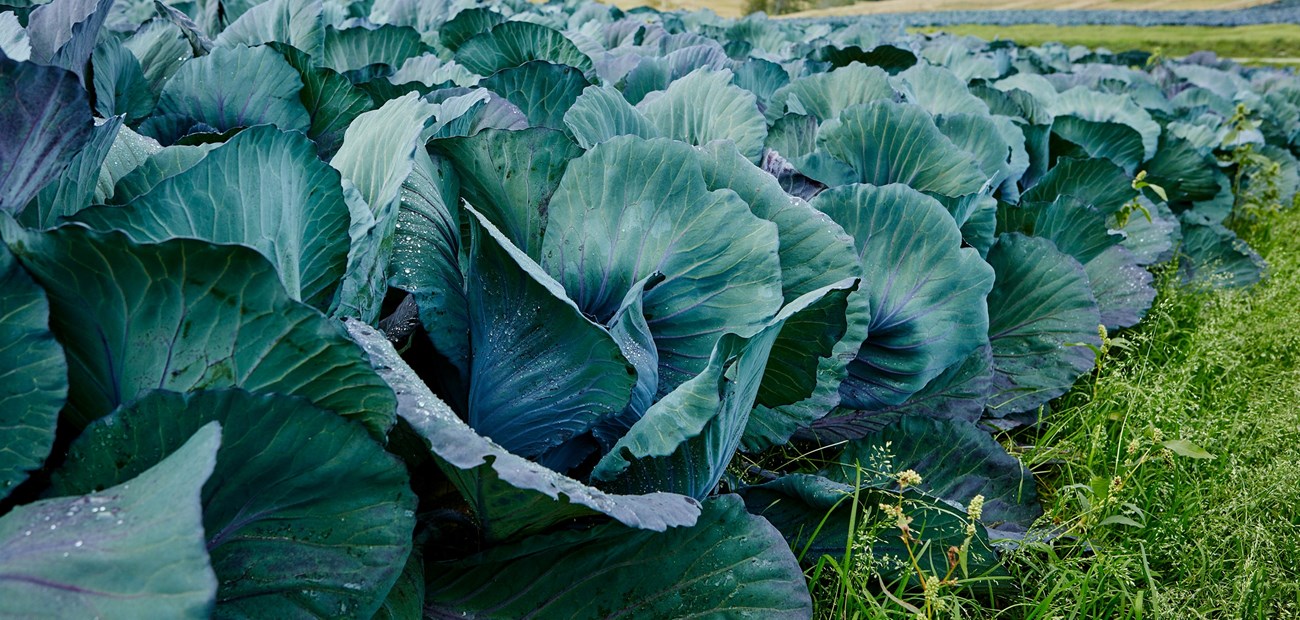Environment protection and sustainability
In 2015, the UN member states adopted a series of goals for sustainable development in the period leading up to 2030. BAMA works continuously to make its supply chain more sustainable. We aim to be a driver and model business for the green transition. BAMA’s sustainability strategy underpins everything we do. It consists of 23 goals to be reached by 2024.
Artikkel tilgjengelig på Norsk
